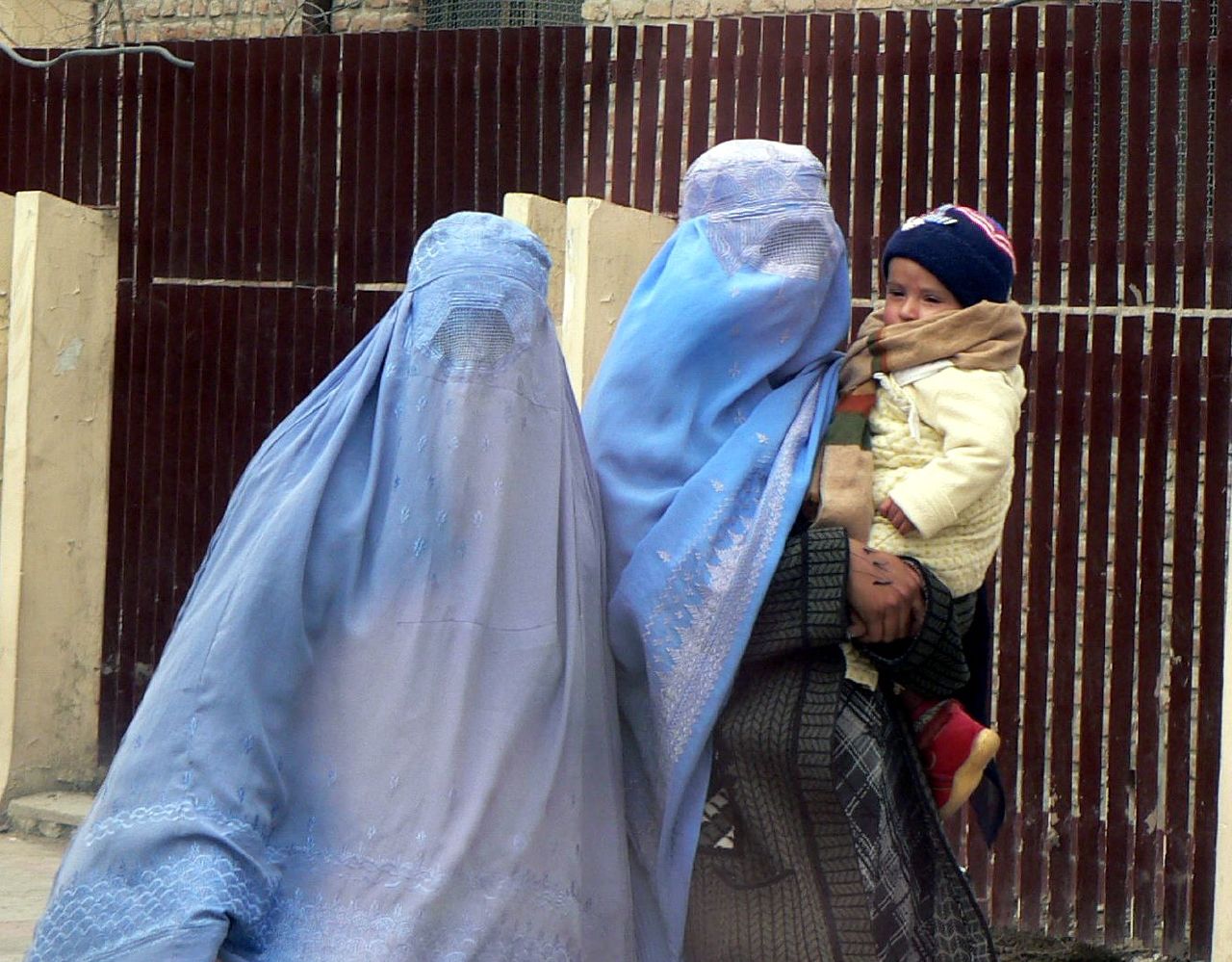- About
- Topics
- Story
- In-Depth
- Picks
- Opinion
- News
- Donate
- Signup for our newsletterOur Editors' Best Picks.Send
Read, Debate: Engage.
| topic: | Humanitarian Aid |
|---|---|
| located: | Afghanistan |
| editor: | Shadi Khan Saif |
With every passing day under the Taliban rule in Afghanistan, it is increasingly devastating to witness how the humanitarian crisis is exploited by the US to exert pressure on this hardline group, as well as used by neighbouring countries to extract funds and even leveraged by the Taliban regime itself to keep the country’s population hostage.
Firstly, the international community lost the battle for democratisation in the country's rural areas due to its elitist approach and subsequent rush to exit the country. Now, it is losing the little earned respect and improvements it had made on the humanitarian fronts, both in the cities and villages, with the financial curbs and limitations put in place after the Taliban captured the Afghan state in August of 2021.
It is heartbreaking because the new regime seems to have believed that the rest of the world would continue to send help and deliver services to the desperately needy Afghans, which turns out to not be the case.
The moment that the news of Afghanistan’s new takeover became passé for the media and donors, international attention was redirected elsewhere - leaving millions of needy women, children and men to suffer in the dark under the rigid regime that seems to be unbothered by providing basic services to its people.
This is unfortunately not a hypothetical situation.
A phenomenal chunk of pressing aid appeals by a number of countries with similar appalling states of humanitarian affairs are falling on deaf ears for the very same reason. Foreseeing this tragedy, the UN chief has warned that millions of Afghans are on the “verge of death,” urging the international community to fund the UN’s $5 billion humanitarian appeal, release Afghanistan’s frozen assets and jump-start its banking system to avert economic and societal collapse.
Secretary General Antonio Guterres told reporters that “freezing temperatures and frozen assets are a lethal combination for the people of Afghanistan,” and “rules and conditions that prevent money from being used to save lives and the economy must be suspended in this emergency situation.” The UN estimates that 8.7 million Afghans are on the brink of starvation. Such a genuine and desperate call by the top humanitarian official is what is urgently needed to avert the foreseeable devastation.
I only wish there had been equally strong, neutral and humanist voices on the diplomatic fronts to hold the perpetrators of such a tragedy accountable.
Photo by Levi Meir Clancy

